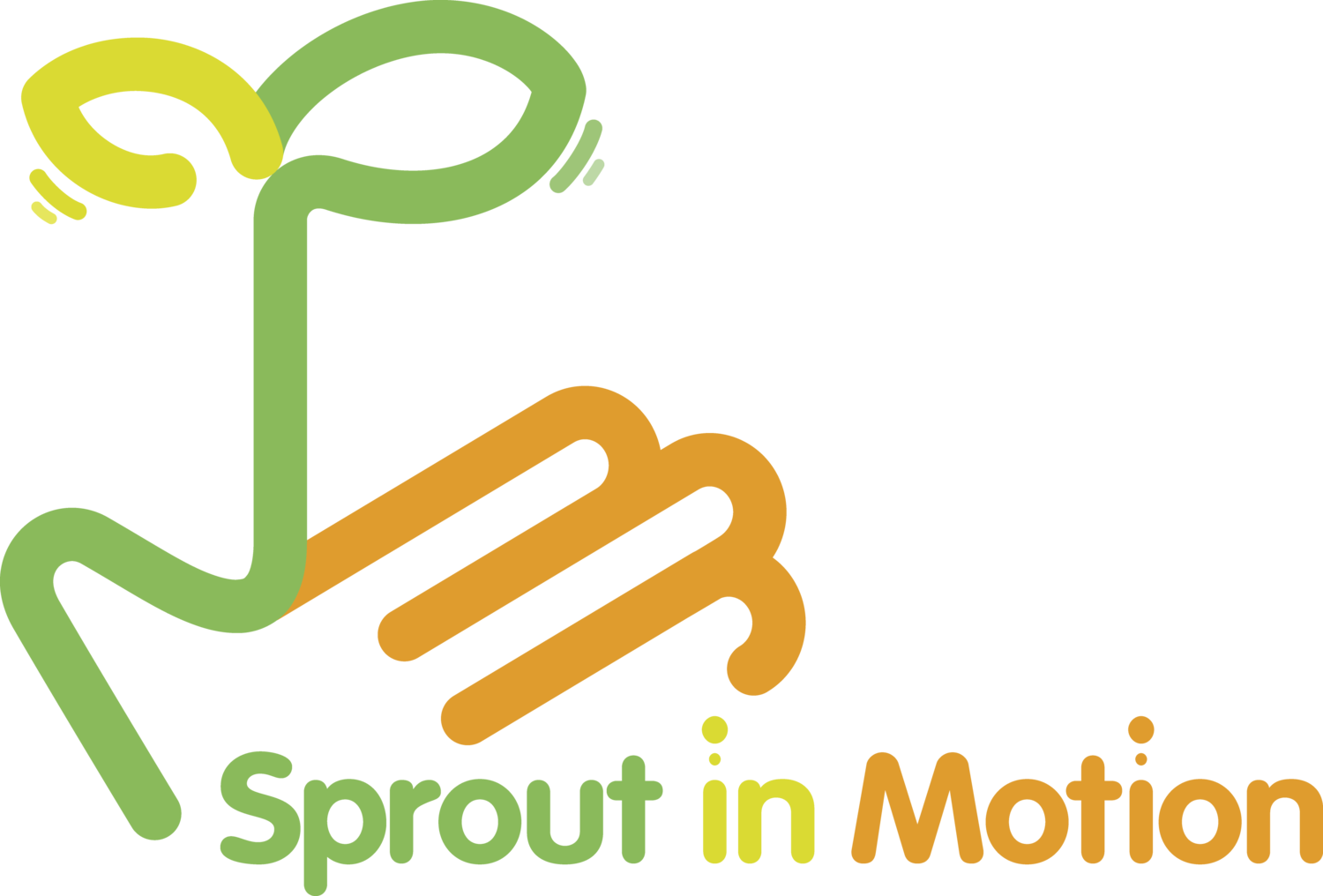How to prepare your child with ASD for mainstream kindergarten
When children with autism grow up, parents may consider sending them to mainstream kindergarten. However, parents may worry about whether their child can adapt to school life, what difficulties they may encounter, and whether they will exhibit problematic behaviours such as crying or throwing tantrums. Alternatively, if the child is already attending kindergarten, parents may frequently receive negative feedback from teachers, despite their efforts to teach their child at home. All of these issues can cause great distress for parents.
Therefore, it is important to ask whether children have the ability to enter mainstream kindergarten when they reach school age. What essential skills do they need to live and learn smoothly in mainstream kindergarten? We will answer these questions one by one.
1. Self-care skills
The ability to eat, use the restroom, change clothes, pack up belongings and backpack independently is an important skill for entering mainstream kindergarten. Because the teacher-student ratio is limited in mainstream kindergarten, teachers may not be able to attend to every child’s needs simultaneously. Therefore, having good self-care skills is one of the important skills for entering mainstream kindergarten.
2. Communication and expression
The kindergarten environment helps children learn through exploration and inspiration. Children need to understand others' speech in various distracting situations, learn to communicate with others and express themselves proactively when they have needs or encounter difficulties. Therefore, there is a higher demand for language comprehension and expression.
3. Self-regulation
There will be a lot of free activities in the classroom, such as nap time and break time. In this relaxed environment, children need to have the ability to play independently and regulate themselves, especially for children with special education needs, otherwise, they may exhibit repetitive or sustained self-stimulating behaviour.
4. Social skills
Children who can actively pay attention to peers, imitate peers, make requests on peers, communicate with peers, and adjust their behaviour based on peers' expressions and reactions, have positive and proactive interactions with peers while playing or participating in activities. These skills are significant challenges for children with autism or other special needs. If children frequently exhibit problematic behaviour, such as fighting, crying, or damaging things, it is usually a sign that they have difficulty developing relationships with others.
5. Ability to learn in group settings
In addition to basic language skills, good concentration, following group instructions, and continuous observation and imitation in class are the keys for children to learn new skills in a group environment.
6. Adaptability to environmental changes
Mainstream kindergarten is filled with novice unforeseeable events, such as changes in the course or activity schedule, changes in the location of items, fire drills or substitute teachers. Children need to accept and adapt to these temporary changes. Many children with autism have difficulty accepting changes in daily life, which can lead to insecurity and anxiety. Therefore, targeted behaviour training can improve their thinking flexibility, patience, and emotional regulation.
7. Gross Motor Skills
Good gross motor coordination, balance, and muscle strength control will enable children to participate in various activities, such as playing sports, gymnastics, using amusement facilities, and playing games with peers. Undeveloped gross motor skills will significantly affect the child's development in self-care, language, social, and attention-related areas.
8. Fine Motor Skills
Fine motor skills refer to the movement of small muscles or small muscle groups of the hands and fingers, such as grasping, holding, pinching, pressing wrist rotation, and hand-eye coordination-related movements. This is essential for children to learn self-care skills (such as using utensils, using the restroom, changing clothes, etc.) and academic-related skills (such as writing, drawing, cutting, etc.).
The above are the eight essential skills that children need to master when entering mainstream kindergarten, including self-care skills, communication and expression, self-regulation, social skills, group learning ability, adaptability to environmental changes, gross motor skills, and fine motor skills.
As such, when children have yet to develop these abilities to enter mainstream kindergarten when they reach school age, they need support and training to prepare them to learn in mainstream kindergarten and grow up with their peers together.
Sprout in Motion is proud to offer school readiness program designed and supervised by BCBA. Call now at +852 2563 4800 or WeChat ID: sprouthk for a free school readiness assessment and free trial lesson.


